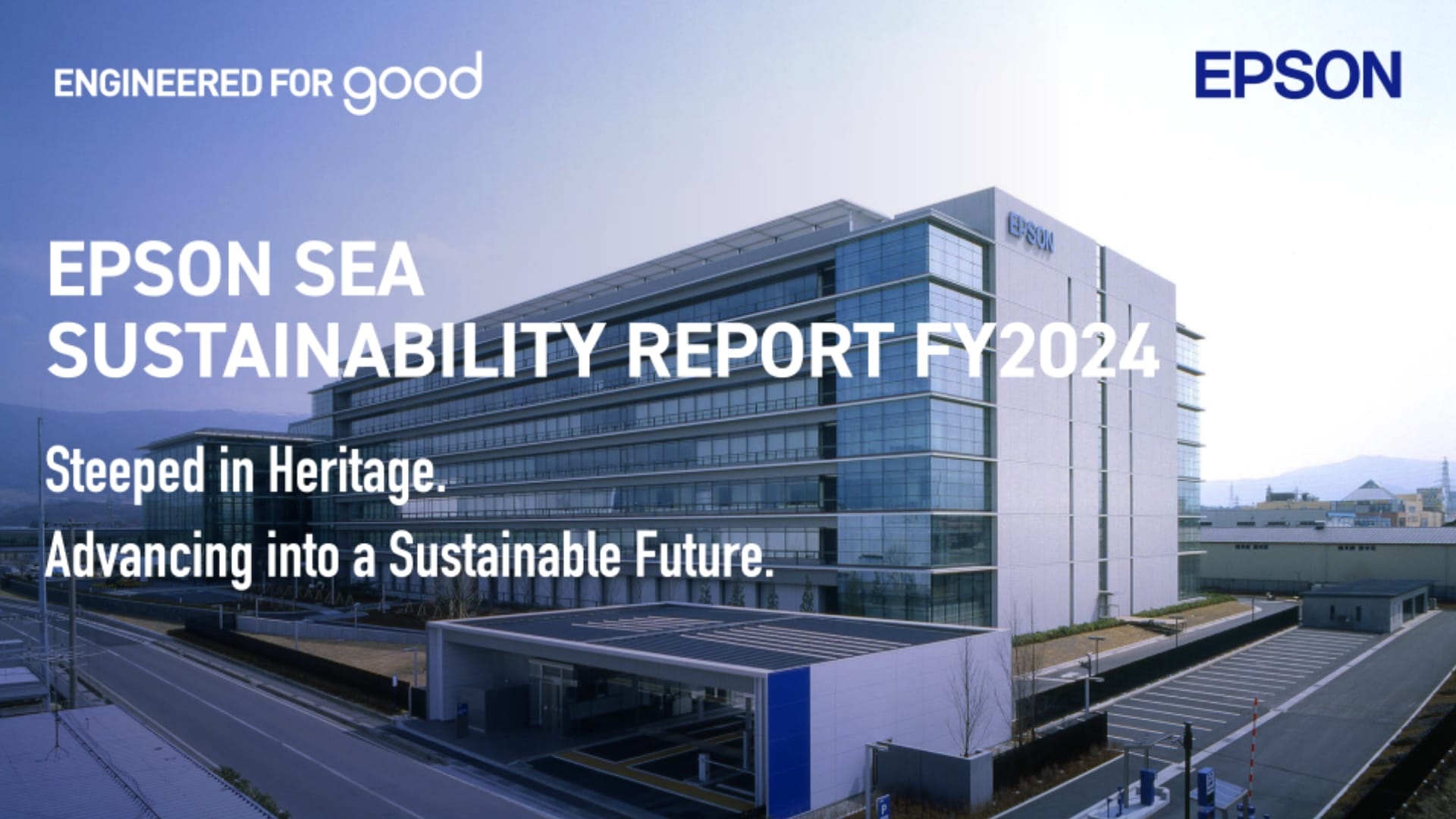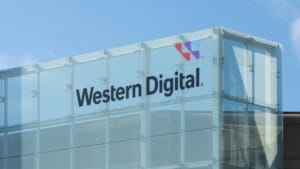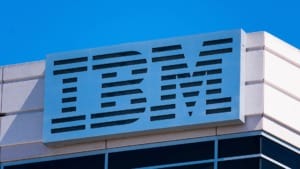Epson Southeast Asia highlights circular economy progress in sustainability report
Epson’s FY2024 Southeast Asia sustainability report highlights emissions cuts, circular economy gains, and community programmes.

Epson has released its FY2024 Southeast Asia Sustainability Report, showcasing its progress in reducing emissions, advancing circular economy practices and expanding community programmes across the region. The report aligns with Epson’s global Environmental Vision 2050, which aims for carbon negativity and a complete shift away from underground resources.
The company began tracking emissions in Southeast Asia in FY2023 and has already recorded measurable reductions. In FY2024, electricity usage fell by 11 per cent, lowering Scope 2 emissions to 814 tonnes CO₂e, equivalent to the yearly energy consumption of about 4,500 refrigerators. Epson also expanded its drop-shipping operations, avoiding 113 tonnes of CO₂e, a 21 per cent increase compared to the previous year.
Epson has strengthened transparency by broadening its Scope 3 emissions tracking, allowing more accurate measurement of sustainability efforts. Localised initiatives also made a difference, with Southeast Asian markets recycling more than 1,600 kg of ink consumables and converting over 500 kg of food waste into fertiliser, roughly equal to 1,700 meals. One of Epson’s regional offices achieved BCA Green Mark Gold certification in FY2024, while five other offices received further certifications, highlighting efforts in sustainable building practices.
Driving governance and industry excellence
Beyond environmental achievements, Epson SEA integrated sustainability into its daily operations through governance, employee well-being and digitalisation. Every employee completed compliance training, reinforcing anti-corruption measures and workplace safety. Notably, the company reported zero workplace-related incidents during FY2024.
Employee development also remained a priority, with targeted training and well-being initiatives rolled out across the region. These efforts, combined with strong governance practices, reflect Epson’s commitment to operational excellence and ensuring that sustainability is embedded into its business processes.
Improving community and social impact
Epson SEA also focused on community engagement and education initiatives. Through its “Epson Goes to School” programme, the company donated printers to support teachers and students, making learning materials more accessible. Epson additionally sponsored robotics programmes, equipping students with practical skills and encouraging innovation.
The company partnered with local stakeholders and NGOs to drive environmental restoration efforts. In FY2024, Epson recovered more than 1,400 kg of waste across six Southeast Asian markets. Epson Indonesia also worked with WWF’s Trees for Life project to plant 200,000 trees across 300 hectares, supporting 300 families and contributing to ecosystem recovery.
Tan May Lin, Sustainability Task Force Leader at Epson Southeast Asia, said, “At Epson, sustainability is about empowering our employees and communities to drive positive change and create a better future. Alongside strong collaboration with partners and the community, our task force has strengthened data transparency and accountability across SEA. Aligning Epson’s global sustainability goals with regional priorities ensures we track progress and scale initiatives that make a meaningful impact.”
Alvin Tan, Lead for Country Initiatives, Epson Southeast Asia, added, “Sustainability progress must be lived out across Epson’s markets in SEA. From reducing emissions and plastic waste to expanding education access through our solutions, this hands-on approach empowers both employees and communities, ensuring our commitments translate into real benefits for people and the environment.”
Epson’s FY2024 report demonstrates a balanced focus on environmental sustainability, operational governance, and social impact, reinforcing its commitment to long-term positive change in Southeast Asia.
















